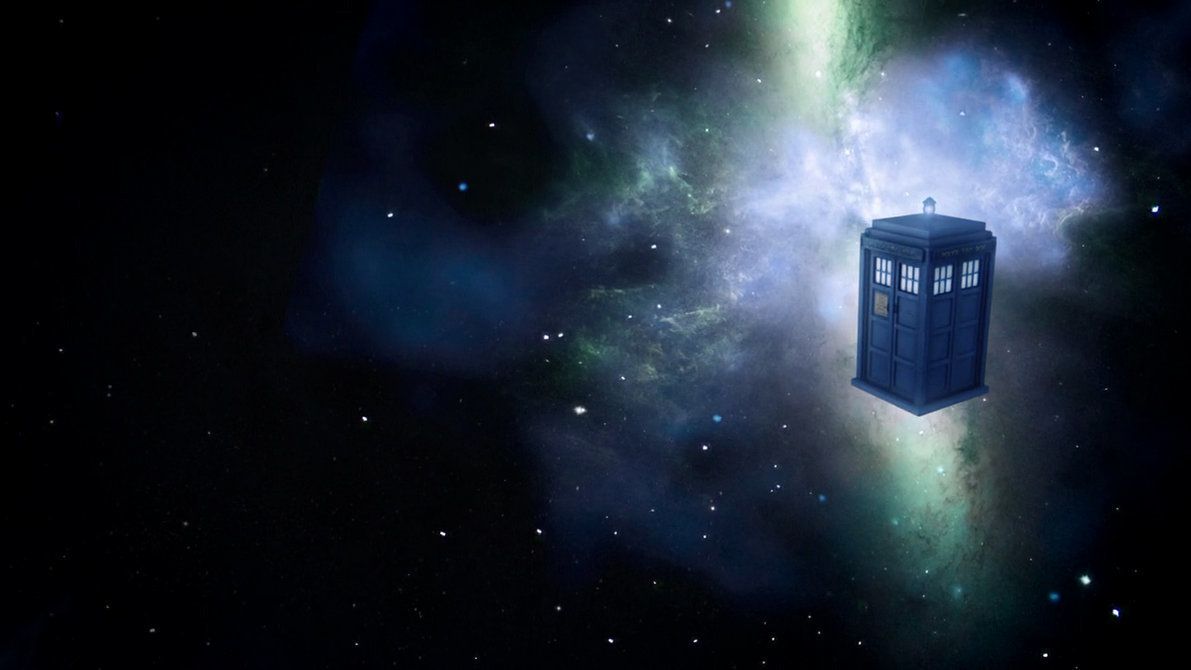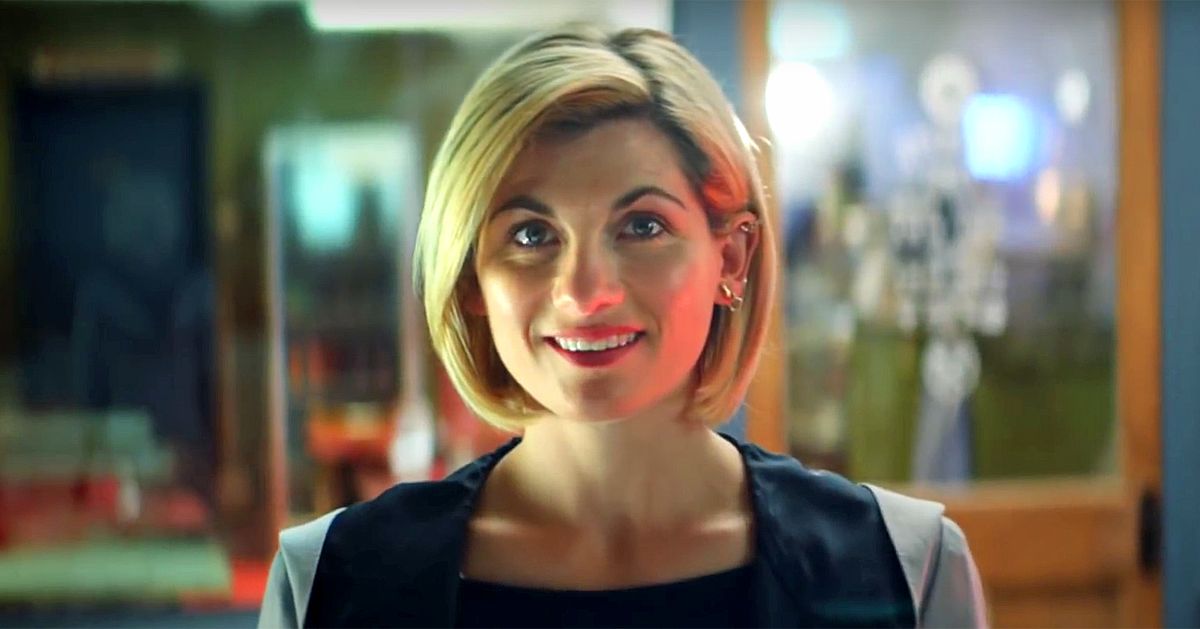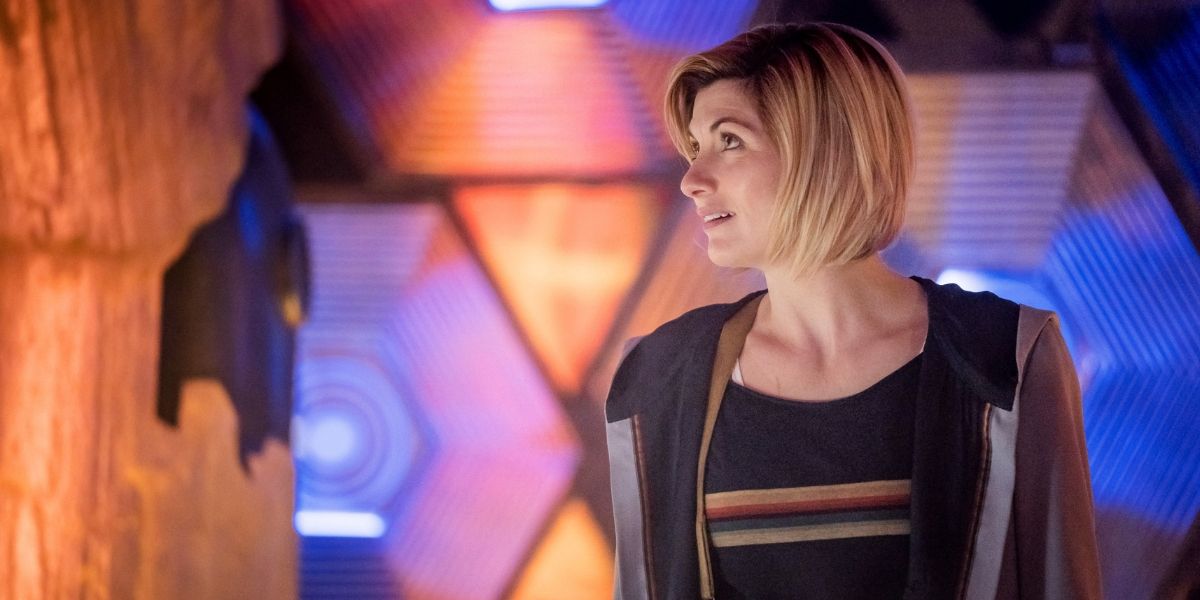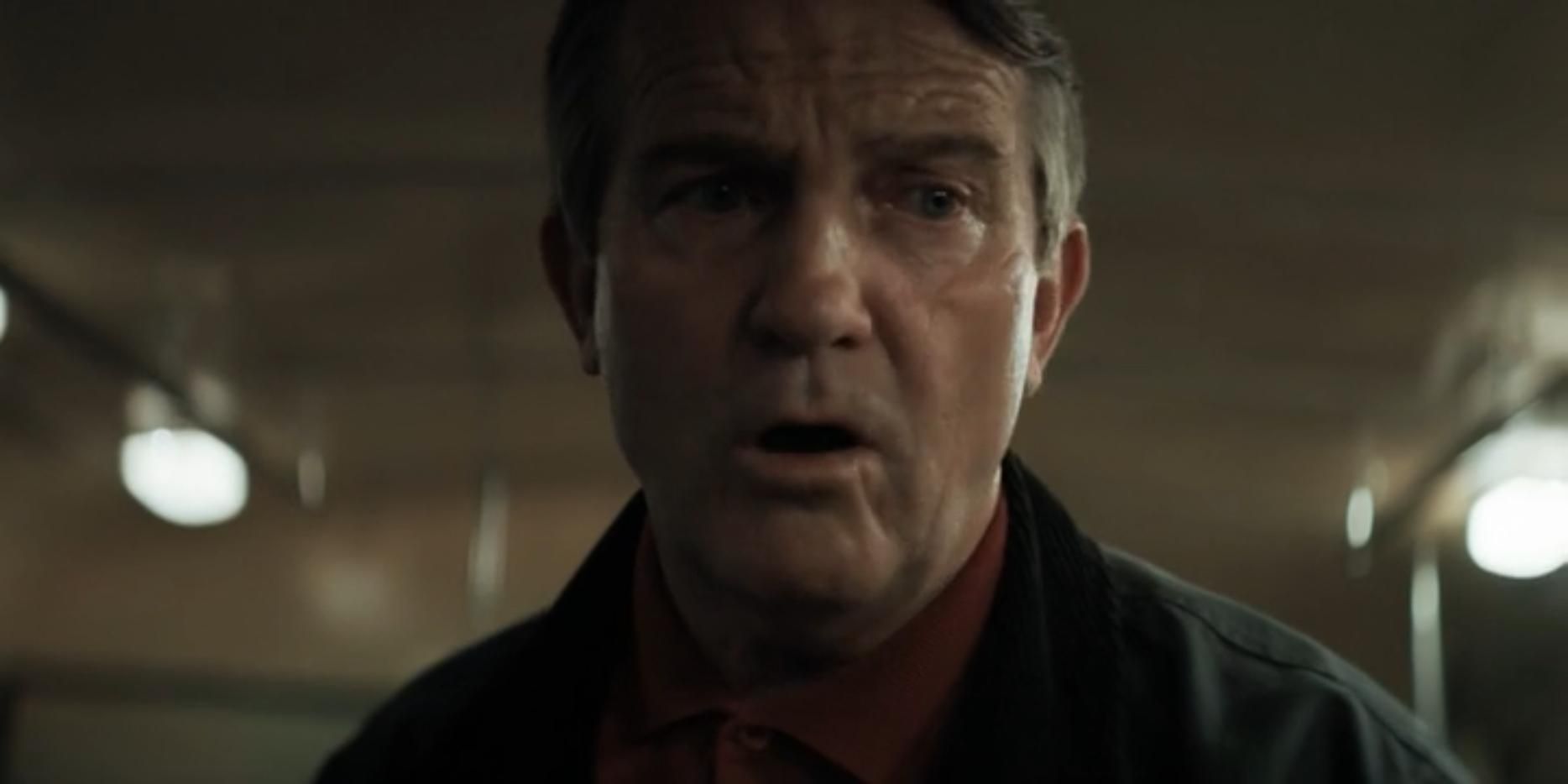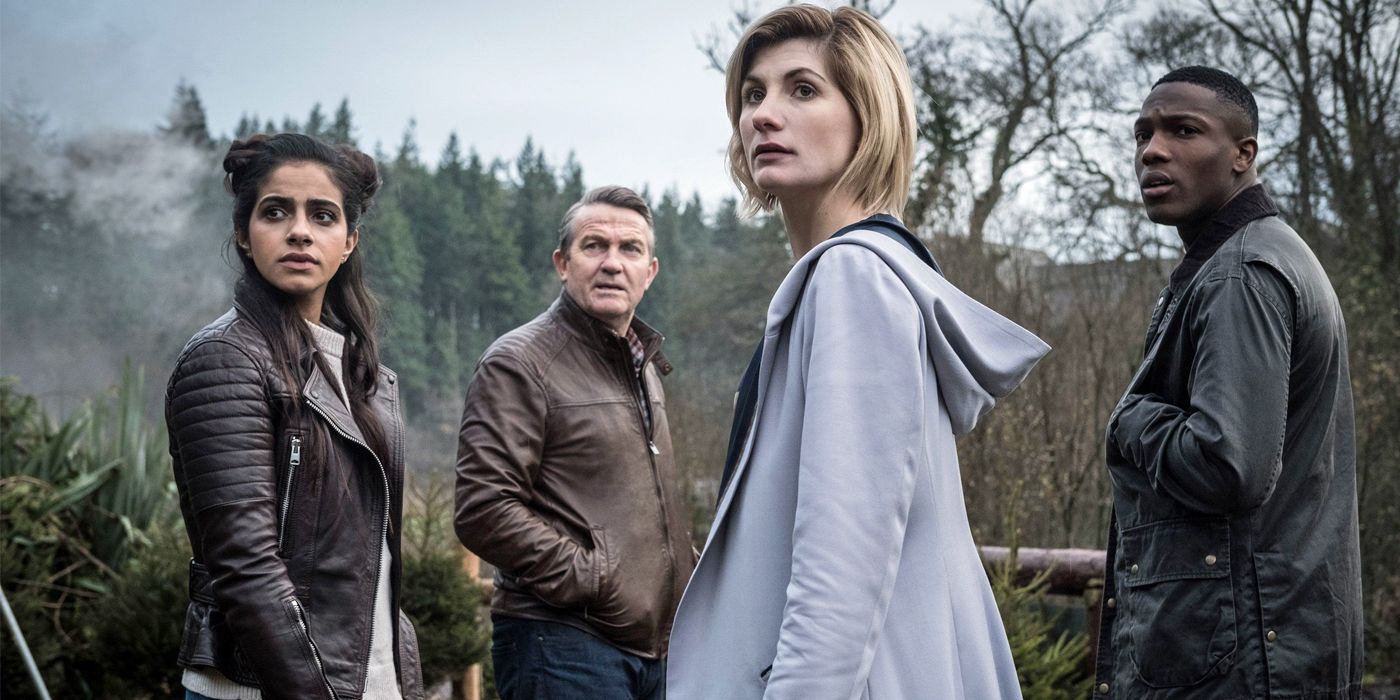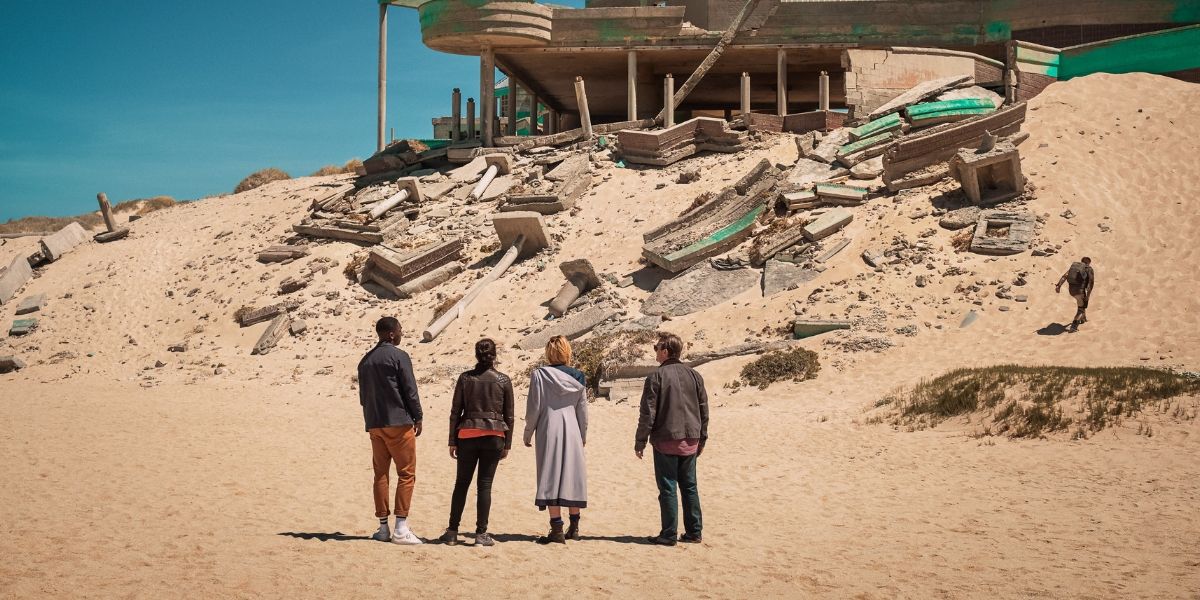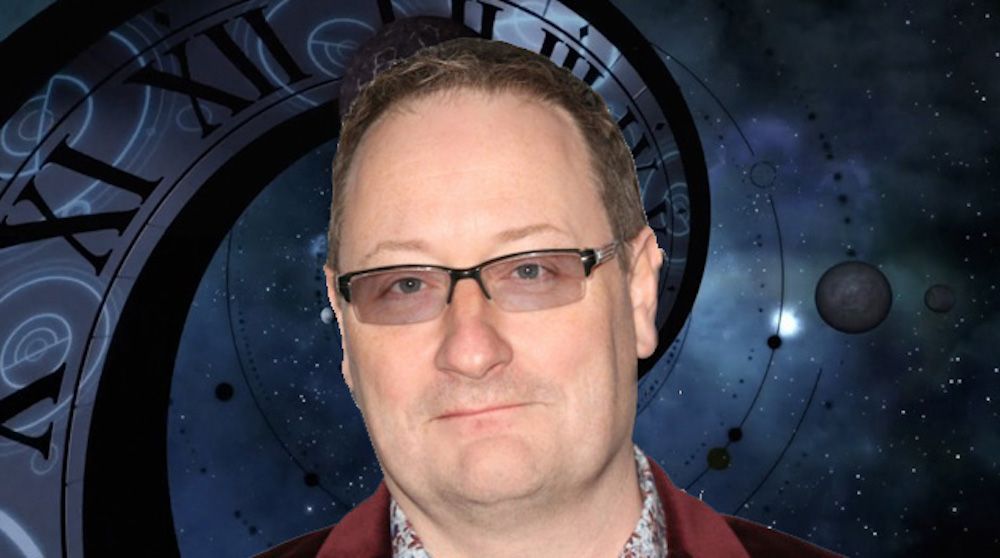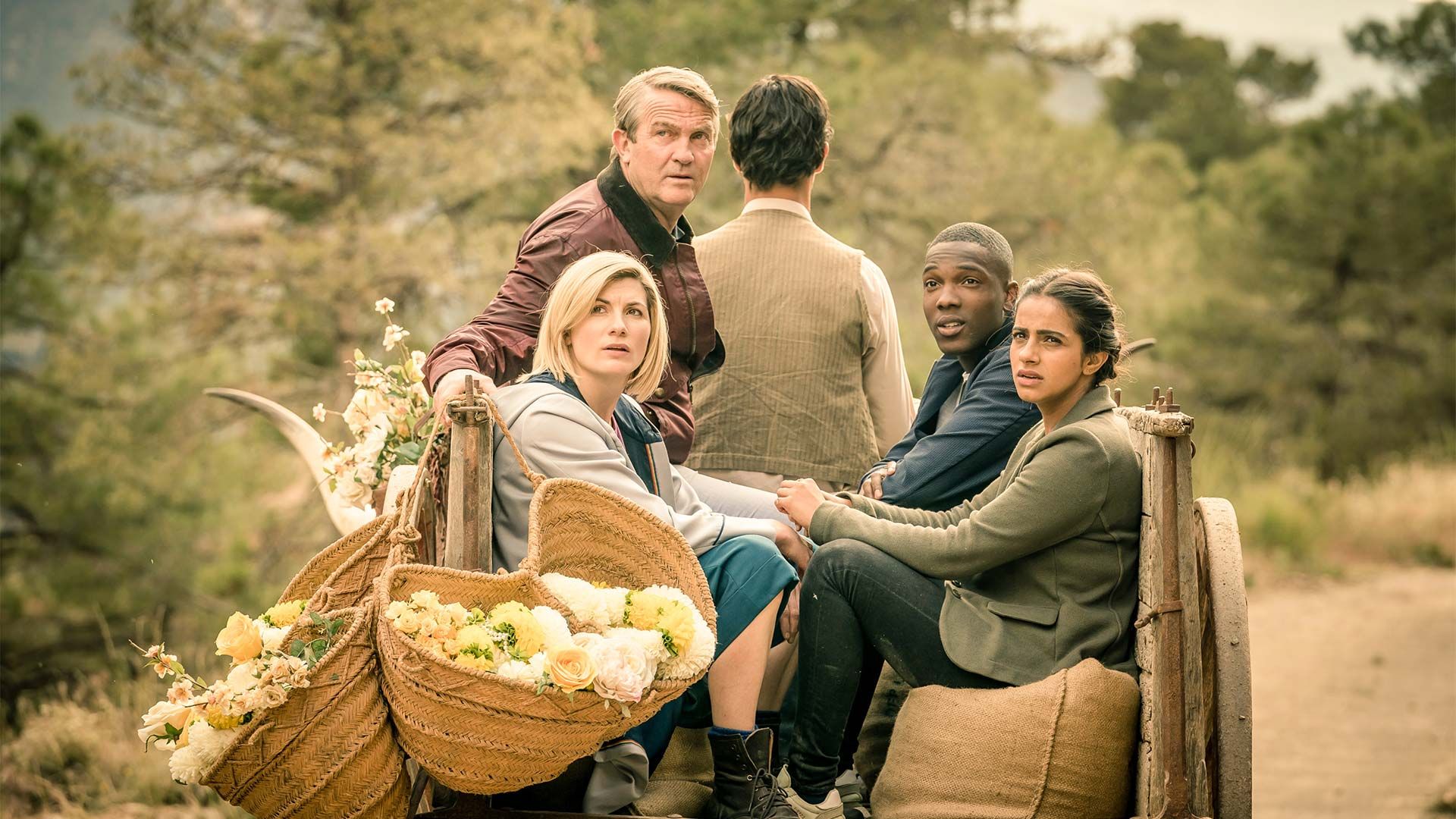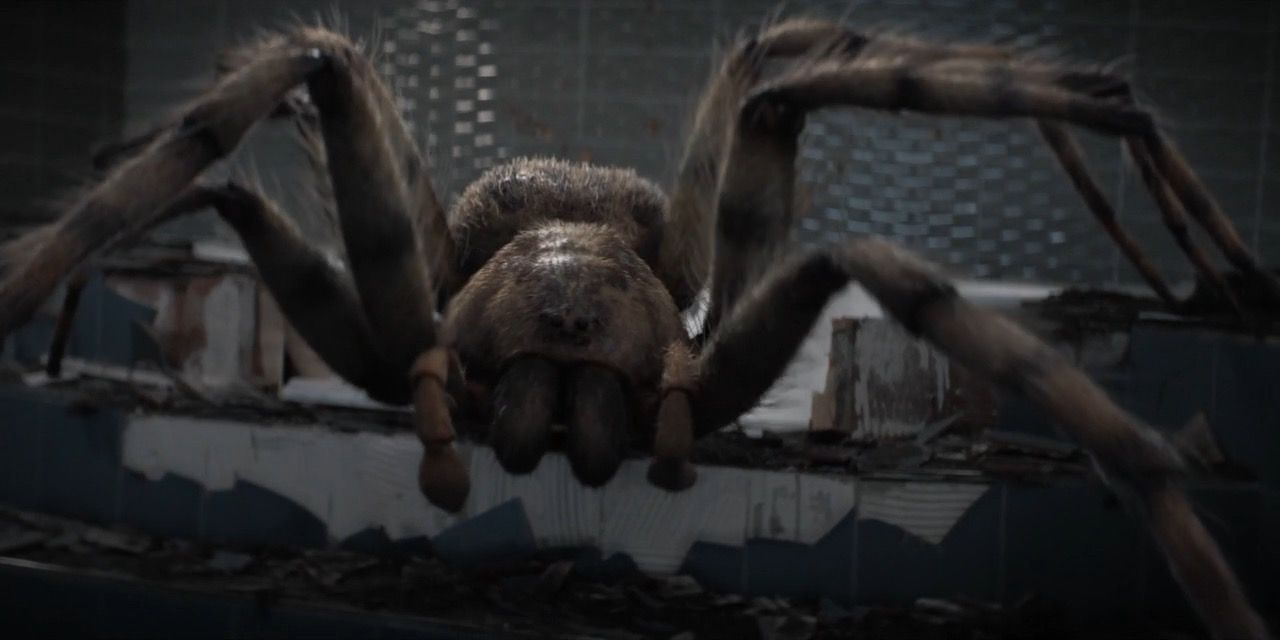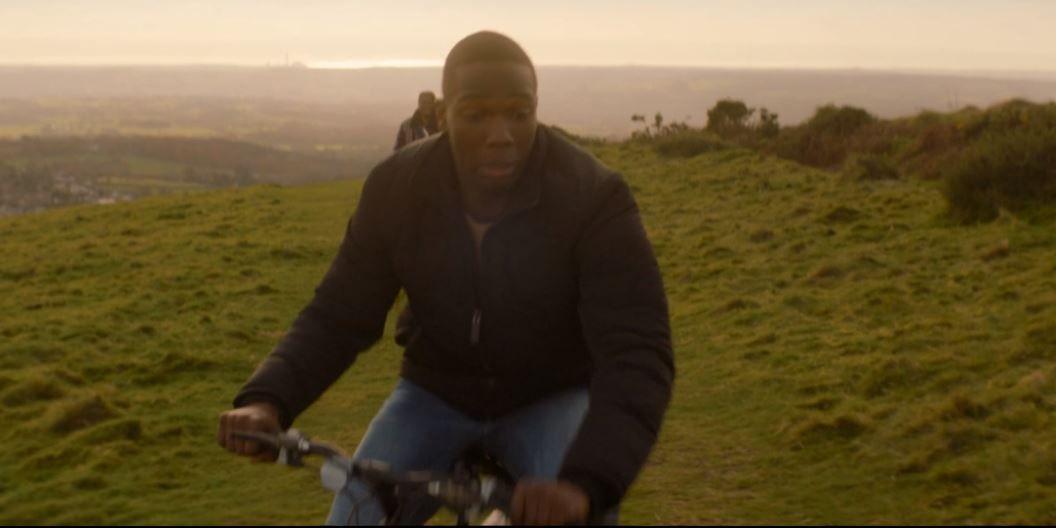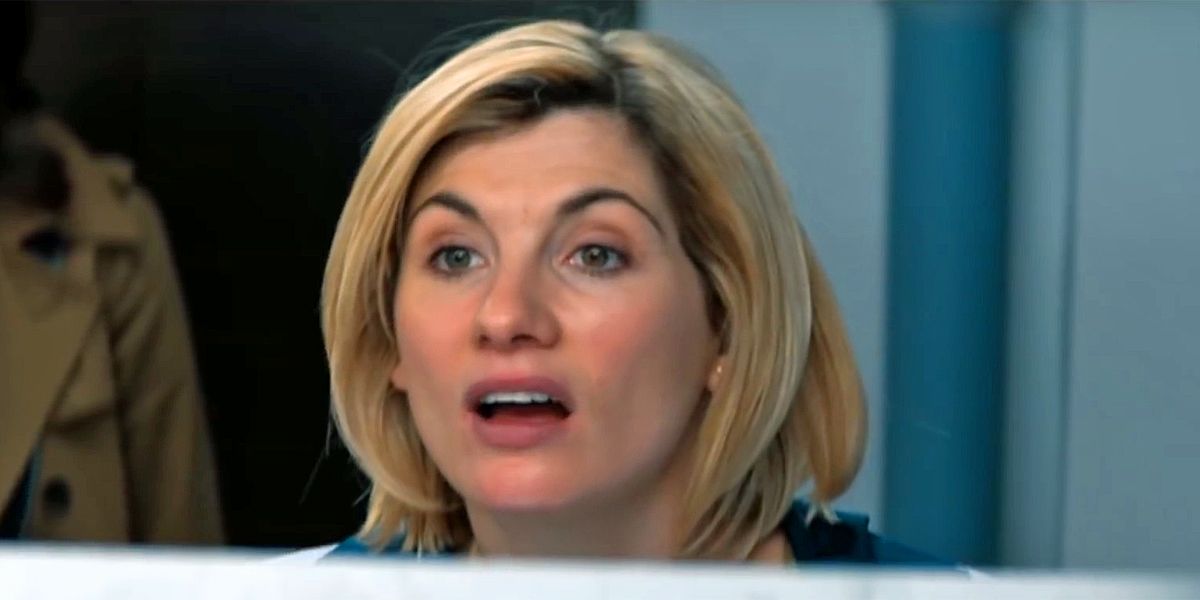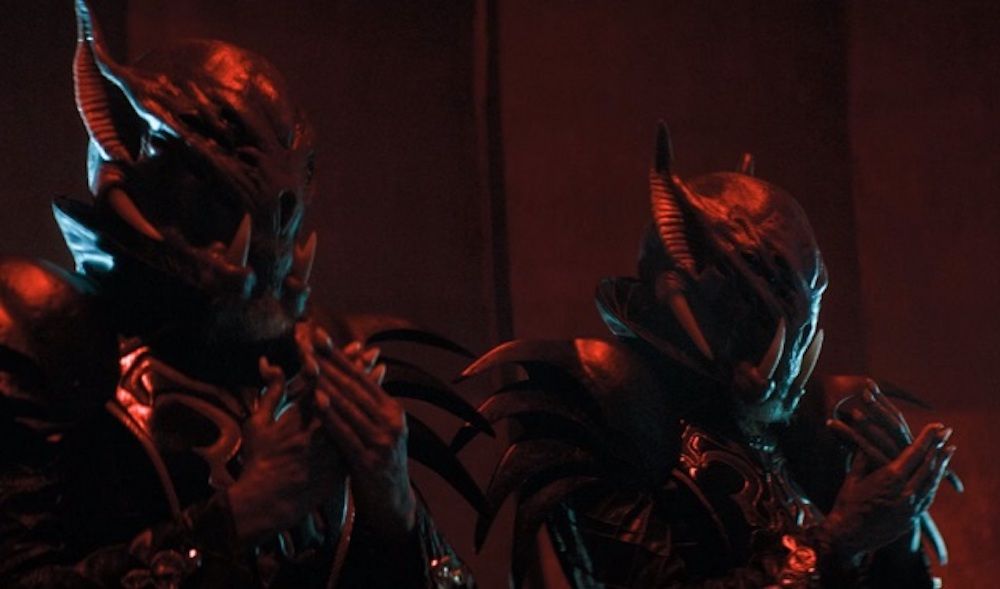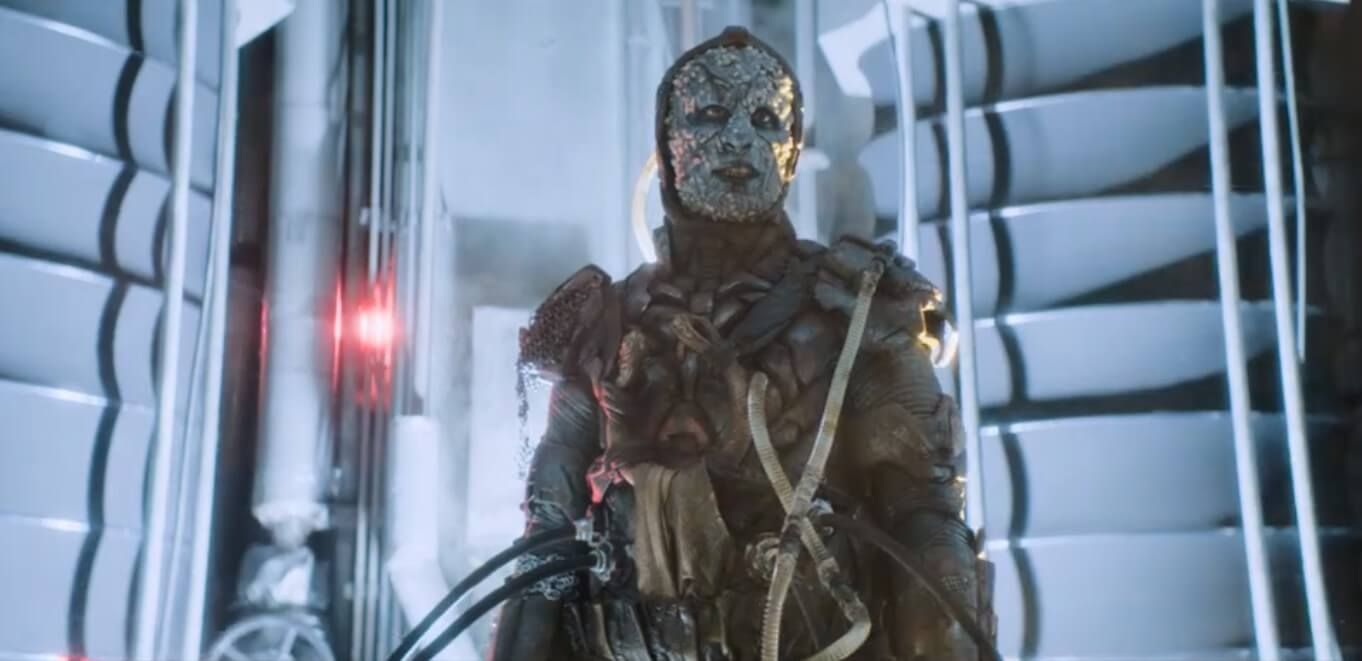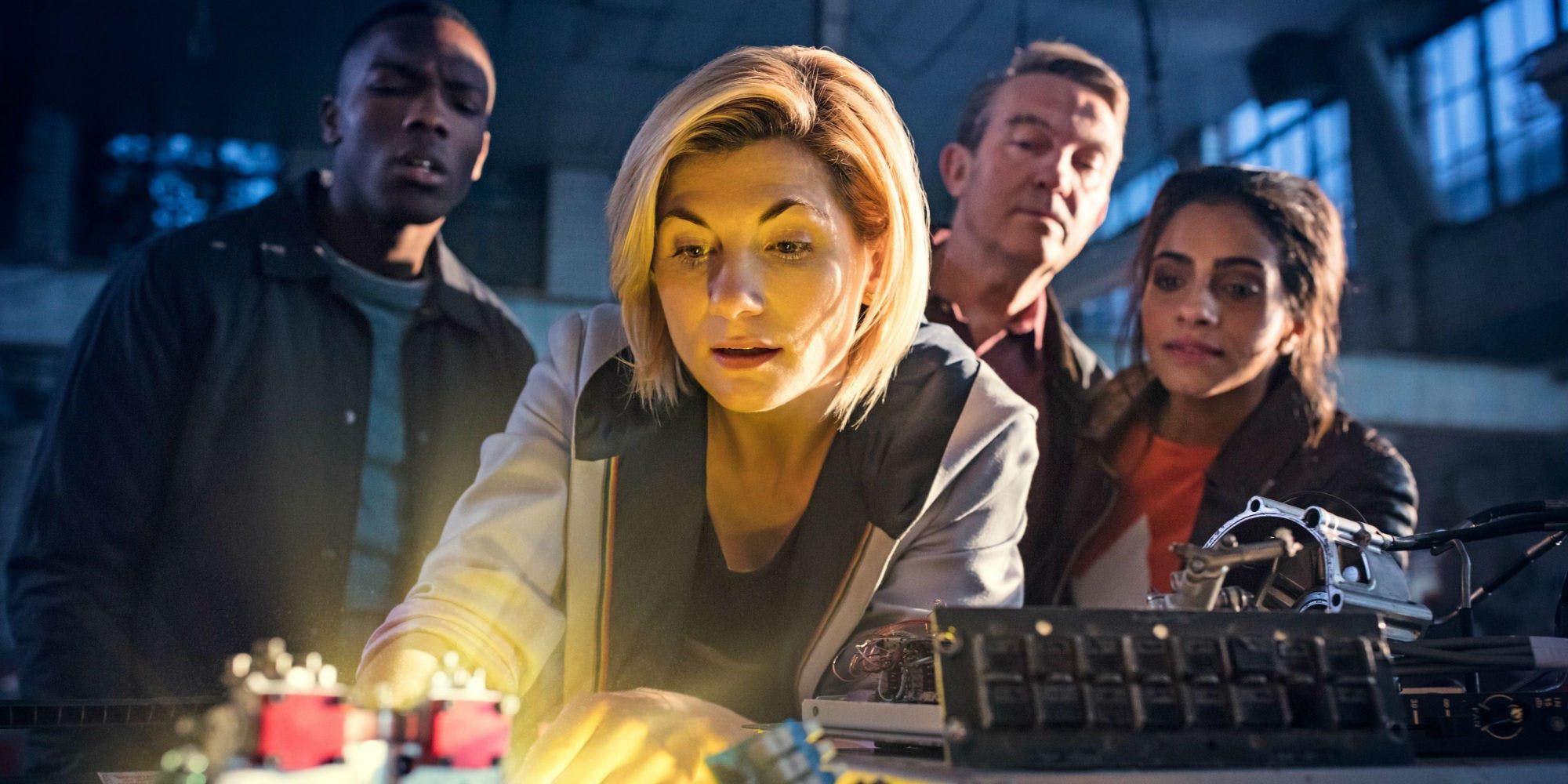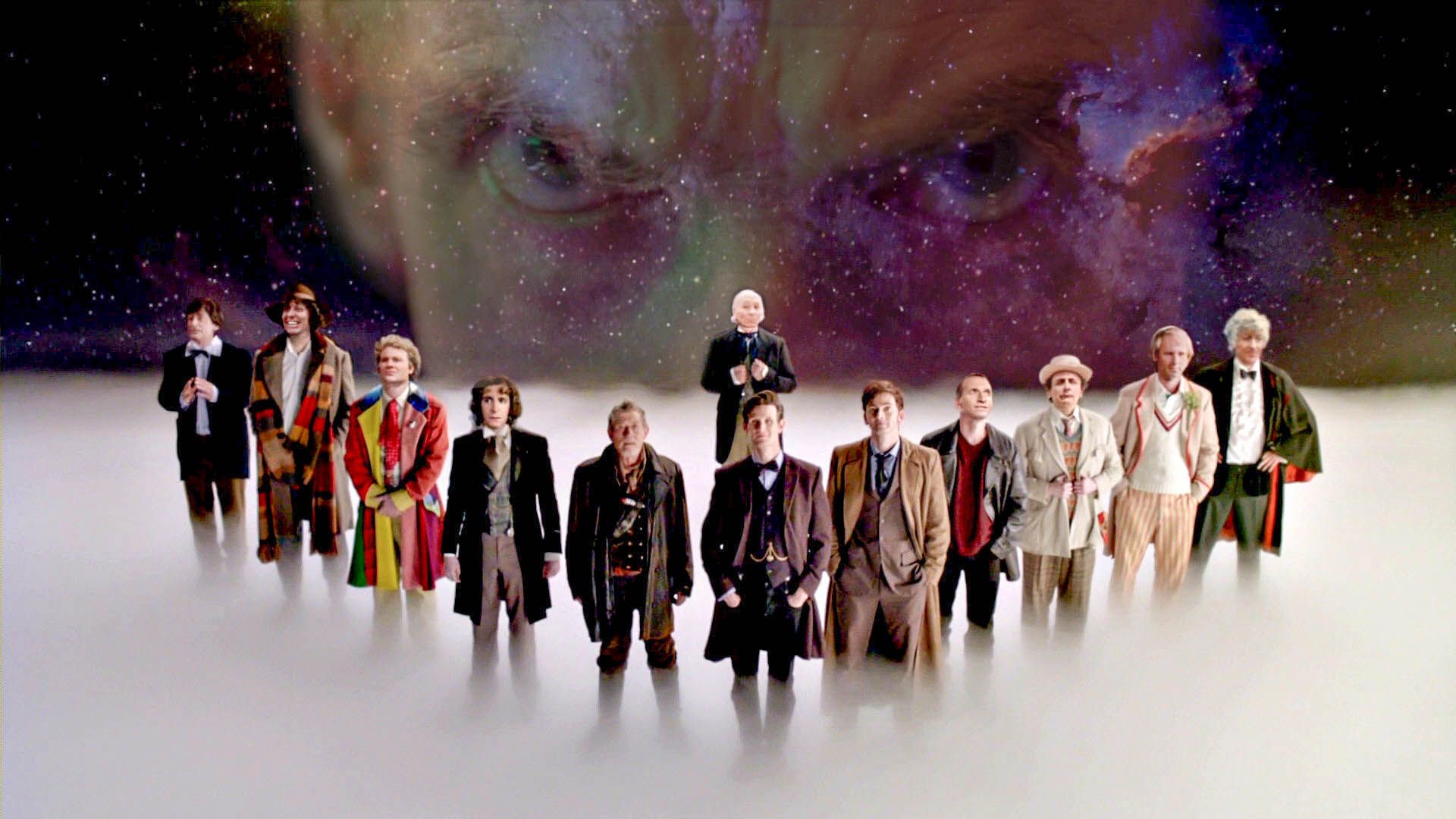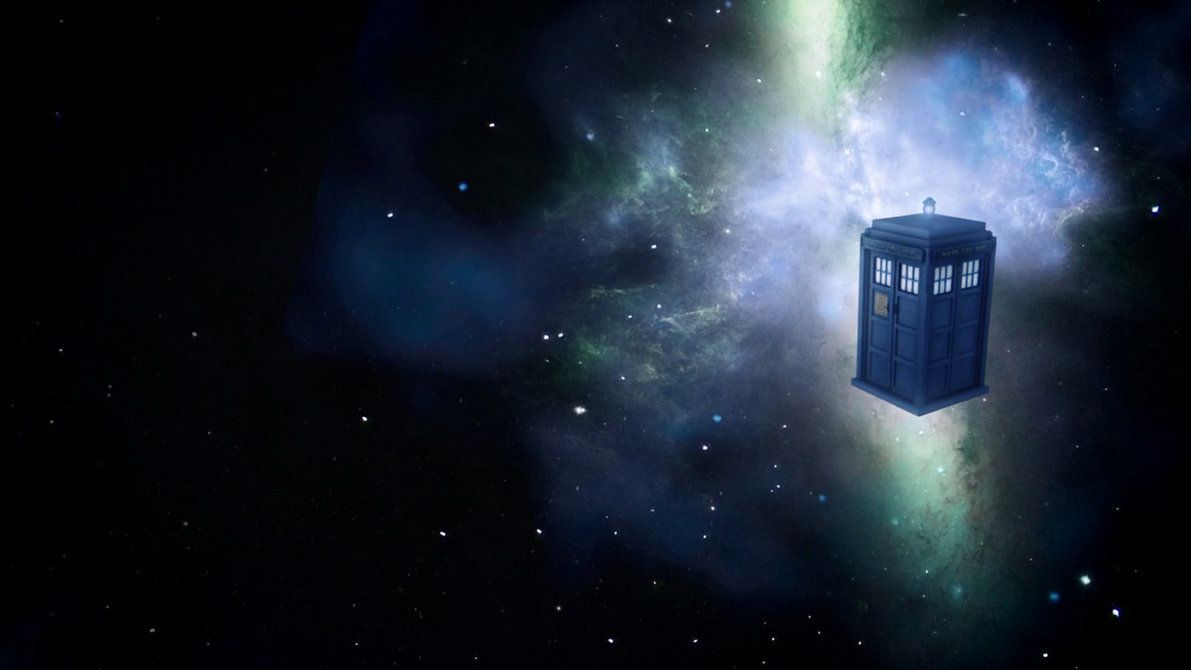Doctor Who has lasted as long as it has largely due to the fact it's able to become essentially an all new show every few years. The idea of the Doctor regenerating, originally an excuse to keep the show going when original actor William Hartnell's health was failing, turned out to be a stroke of genius. Each new actor playing the Doctor has brought a slightly different flavor than the last, allowing the show to change and keep up with the times. This past season, the 11th since the show's revival in 2005, made some bigger changes than usual. Not only did the Doctor regenerate into a woman for the first time in the show's history, but Chris Chibnall replaced Steven Moffat as showrunner.
While still in continuity with everything else before it, this is the hardest "reset" Doctor Who has done in a while, making this past season an easy jumping-on point for new viewers. For long-time fans, the changes are a mixed bag. Some work extremely well, even serving as corrections to the Moffat era's worse tendencies. Others, however, are underwelming. Series 11 was not a bad run of episodes, but it missed some key aspects of Doctor Who's appeal even as it nailed others. The groundwork is there for significant improvement, though aside from a New Year's Day special, fans will have to wait until 2020 for Series 12. So which parts of Doctor Who Series 11 were excellent, and what aspects need to get fixed for the next time around in the TARDIS?
15 GREAT: JODIE WHITTAKER AS THE DOCTOR
The greatest strength of the latest season, and the surest reason for optimism about the show's future, is Jodie Whittaker's performance as the 13th Doctor. Her style, her sense of humor, her inventiveness, her drive to explore and to help those in need, everything about 13's portrayal screams "The Doctor."
The whole gender transition couldn't have been handled more smoothly. Part of this was due to the groundwork laid by the 11th and 12th Doctors' relaxed feelings about gender, but Jodie's performance being so perfectly in-character for the part completely sells it: this is the same Doctor you've known and loved, just their appearance has changed a little more drastically than the other times.
14 DISAPPOINTING: DOCTOR LACKS CHARACTER DEVELOPMENT
Great as Jodie Whittaker is as The Doctor, one would hope she gets richer material to work with next season. The premiere, "The Woman Who Fell to Earth," did an solid job handling her adjustment to her new body, and she does become less discombobulated as the season progresses. However, that's basically it as far as her character arc goes.
The 13th Doctor often ends up feeling like a supporting character in her own series. She's still important and protrayed as something of a moral beacon, but we never get a sense of her internal life. It's understandable having a more relaxed Doctor after Peter Capaldi's intensity, but it's still a missed opportunity not to give Whittaker some internal drama to chew on.
13 GREAT: GRAHAM O'BRIEN
It does feel a bit ironic that with all the hype about the latest season's diversity and inclusivity, the best-developed character in the ensemble happens to be the old white guy. Regardless, Graham O'Brien, played by Bradley Walsh, is a really enjoyable companion who regularly steals the show.
Graham's wry sense of humor plays well off the wide variety of past and future settings. For all his laugh-getting moments, the show also deals sensitively with him mourning his late wife Grace. The way he gets his step-grandson and fellow companion Ryan to warn up to him also provides a nice emotional arc for the season.
12 DISAPPOINTING: TOO MANY COMPANIONS
Having three companions onboard the TARDIS at once isn't unprecedented; both the First Doctor and the Fifth Doctor have done so. That said, pre-revival Doctor Who was formatted for longer stories where you could include so many characters more naturally. In the more episodic post-revival era, three companions feels a bit much.
Graham and Ryan need each other for their family-based stories to work, which makes Yaz often feel extraneous. The best episode of the season, however, was "The Demons of Punjab," a Yaz-centric episode, so it wouldn't feel right to eliminate her from the show. Maybe she could be a part-time companion like Jack Harkness or River Song, around sometimes and not being wasted when the show doesn't know what to do with her.
11 GREAT: PRODUCTION VALUES
Doctor Who has long had a reputation for looking cheesy. The classic episodes infamously had to make aliens out of cardboard with no budget, and even the Russell T. Davies years, which had actual effects budgets and CGI to work with, look incredibly dated today. The look of the show improved with the switch to HD under Steven Moffat, but the most recent season knocks even that out of the park in terms of cinematography.
Chris Chibnall's vision for Doctor Who is a decidedly cinematic one. The way this season is filmed is gorgeous. The special effects work is also generally seamless, though it should be noted that the usage of said effects is decidedly more restrained the more action-packed Davies and Moffat runs.
10 DISAPPOINTING: CHIBNALL'S WRITING WORSE THAN HIS PRODUCING
Chris Chibnall seems like a good guy. As a producer, his vision of Doctor Who as an inclusive, progressive family show with more traces of the series' original semi-educational mission is a respectable one. He has a great knack for casting and a smart sense for hiring talented directors. What he doesn't have, unfortunately, is extraordinary talent as a Doctor Who writer.
Chibnall's Doctor Who writing track record before becoming showrunner was uninspiring. In the latest season, he wrote half the episodes himself, and while they're all perfectly OK, the ones he either co-wrote or gave to other writers are all notably superior. It's almost a complete 180 from Steven Moffat, an amazing writer whose time as showrunner was often messy.
9 GREAT: HISTORICAL EPISODES
Chibnall's statements that his run on Doctor Who would return to the show's "educational" roots might have sounded odd given the more fantastical direction of the series as a whole. In practice, it seems to have mainly meant a greater emphasis on history-based episodes, which has actually been a great move. Overall, the historical stories have been more engaging and emotional than the futuristic ones.
"Rosa" spins a fun "don't-change-history" time travel yarn centering around the story of Rosa Parks. "Demons of the Punjab" uses the partition of India and Pakistan to build Yaz's family story to devastating effect. "The Witchfinders" is the most traditional Doctor Who story of the three, with alien monsters getting mixed up in a 17th century witch hunt.
8 DISAPPOINTING: BLACK-AND-WHITE MORALITY FOR COMPLEX ISSUES
Chris Chibnall's worst scripts for Doctor Who, from before this season, were "The Hungry Earth" and "Cold Blood" two-parter. These episodes took a morally complicated conflict and gave it an almost offensively simplistic solution. That black-and-white approach to morality has been a lessser but still notable problem with the latest season.
Chibnall's straightforward sense of morality works when he's writing about, say, Rosa Parks. It doesn't work when writing that way about, say, the ethics of putting a suffocating animal out of its misery ("Arachnids in the UK") or how to bring a genocidal monster to justice ("The Battle of Ranskoor Av Kolos"). "Kerblam," not written by Chibnall, acknowledges moral grey areas more but still feels like it lets one side off the hook.
7 GREAT: HANDLING OF DISABILITY
The general handling of diversity kind of goes without saying as a positive in regards to Doctor Who Series 11. Obviously the first female Doctor is a big deal, while the general racial, gender and LGBTQ inclusivity is an expected continuation from previous years. One less talked-about aspect of the Series 11 that deserves note is its inclusion of disabled characters.
Ryan, one of the main companions, has dyspraxia, a disorder which affects movement and coordination. His challenges are acknowledged without being magically overcome and without being made the center of his character. The episode "It Takes You Away" made history as the first Doctor Who episode to feature a blind actress, Ellie Wallwork.
6 DISAPPOINTING: LACK OF AN ONGOING STORY
The early half of Steven Moffat's run, with Matt Smith as The Doctor, often overextended itself with convoluted ongoing mysteries. Moffat's seasonal narratives got tighter and more satisfying during the Peter Capaldi era. Now, Chris Chibnall has gone to the opposite extreme of Moffat's early excesses and made a season of Doctor Who without any ongoing plot.
Simplicity has its virtues, but the larger cast of main characters feels like it could really benefit from being able to develop over longer-term stories. Graham and to a lesser extent Ryan have some ongoing character development over the course of the season, but it all feels so light and underwhelming without a strong seasonal story arc.
5 GREAT: INTERESTING ALIENS
One of the most controversial decisions of the latest season was the choice to treat this year as a completely fresh start. Aside from the Doctor herself, no aliens from previous seasons would appear. While this decision had several drawbacks (which will be discussed later on this list), the show did a good job of introducing new aliens of the sympathetic kind.
The mysterious, mournful Thijarians in "Demons of the Punjab" are the most impressively designed of the bunch. The sentient universe in "It Takes You Away" was enjoyably surreal. Pregnant male Gifftan Yoss Inkl from "The Tsuranga Conundrum" provided some fun play with gender norms. The reality-warping Ux from "The Battle of Ranskaar Av Kalos" have potential for interesting roles in future stories.
4 DISAPPOINTING: LACK OF GREAT VILLAINS
While the latest season succeeded when it came to creating non-villainous aliens, it wasn't so successful in regards to the bad guys. With many of the episodes taking place on Earth, a lot of episodes had human protagonists who were functional for their purposes, but not particularly memorable.
The most ambitious attempt to create a new alien adversary, the Stenza hunter Tzim-Sha (jokingly refered to as "Tim Shaw" by The Doctor), had a neat design but was pretty flat as a character. No villains this year were as scary as the Weeping Angels, nor were any as entertaining as The Master or as metaphorically powerful as the Daleks or the Cybermen.
3 GREAT: GENERAL CONSISTENCY
Doctor Who can be awful almost as often as it's great. Every year you can expect at least one if not more episodes to just melt your brain with stupidity, whether that involves a woman turning into a slab of concrete with a "love life," a painfully boring recreation of Titanic in space or the dust from people's eyes turning into literal Sandman monsters if they go without sleep.
If Series 11 was more sporadic in its greatness, its team can also take pride in how it avoids such heights of awfulness. Even the more average or problematic episodes of the year remain perfectly watchable, largely thanks to the excellence of the new cast.
2 DISAPPOINTING: MISSING CONNECTION TO SHOW'S PAST
It's great that Doctor Who so regularly reinvents itself. But can some reinventions be too dramatic? Jodie Whittaker is certainly a great regeneration of the character, but her first season makes almost too much of a point to avoid touching upon past iterations of the show beyond minor verbal references.
While it's respectable that Chris Chibnall wants to get new viewers up to speed, Russell T. Davies accomplished the same task in 2005 while still building upon the show's past mythology. Hopefully the New Year's special, with the anticipated return of the Daleks, will do the job well of actually building upon The Doctor's rich history.
1 DISAPPOINTING: NEEDS MORE SENSE OF ADVENTURE
Maybe it's because of tighter budgets. Maybe it's a desire to do things radically different than Davies or Moffat. Perhaps it's just Chibnall's style. Whatever the reasoning is, however, this year of Doctor Who felt a lot smaller in scope than past years.
While the historical episodes have been among the modern series' best, the adventures in the future have generally felt lacking. It's not just that there's less action or that the settings have been more contained, but there's a sense of wonder that Chibnall hasn't been able to capture yet. We want Doctor Who to be a show that sweeps us away, that makes us feel big emotions about our place in the universe. Series 11 just didn't really accomplish that.

